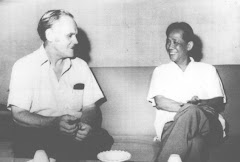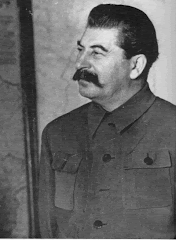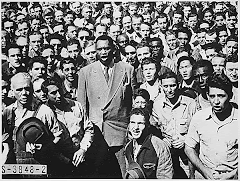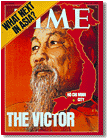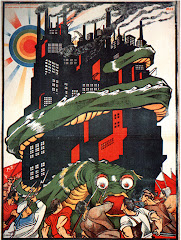http://www.progress.org/20
[It's a long ten part interview but really very interesting.]
PLAYBOY: What was your own relationship with the Communist Party?
ALINSKY: I knew plenty of Communists in those days, and I worked with them on a number of projects. Back in the Thirties, the Communists did a hell of a lot of good work; they were in the vanguard of the labor movement and they played an important role in aiding blacks and Okies and Southern sharecroppers. Anybody who tells you he was active in progressive causes in those days and never worked with the Reds is a goddamn liar. Their platform stood for all the right things, and unlike many liberals, they were willing to put their bodies on the line. Without the Communists, for example, I doubt the C.I.O. could have won all the battles it did. I was also sympathetic to Russia in those days, not because I admired Stalin or the Soviet system but because it seemed to be the only country willing to stand up to Hitler. I was in charge of a big part of fund raising for the International Brigade and in that capacity I worked in close alliance with the Communist Party.
When the Nazi-Soviet Pact came, though, and I refused to toe the party line and urged support for England and for American intervention in the war, the party turned on me tooth and nail. Chicago Reds plastered the Back of the Yards with big posters featuring a caricature of me with a snarling, slavering fanged mouth and wild eyes, labeled, "This is the face of a warmonger." But there were too many Poles, Czechs, Lithuanians and Latvians in the area for that tactic to go over very well. Actually, the greatest weakness of the party was its slavish parroting of the Moscow line. It could have been much more effective if it had adopted a relatively independent stance, like the western European parties do today. But all in all, and despite my own fights with them, I think the Communists of the Thirties deserve a lot of credit for the struggles they led or participated in. Today the party is just a shadow of the past, but in the Depiession it was a positive force for social change. A lot of its leaders and organizers were jerks, of course, but objectively the party in those days was on the right side and did considerable good.






